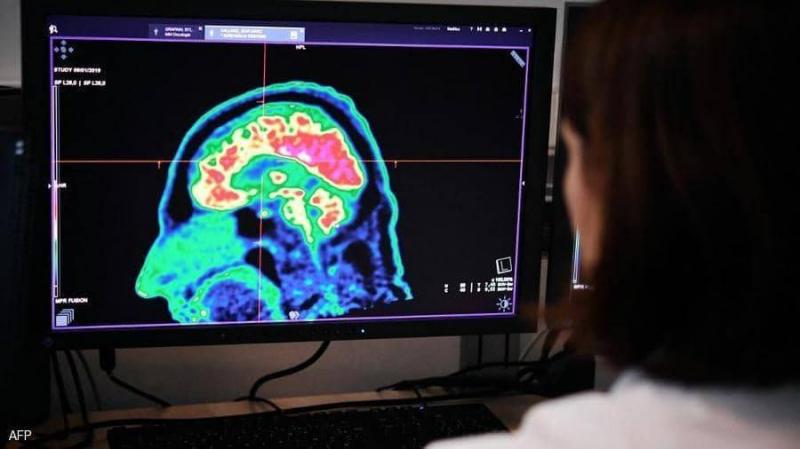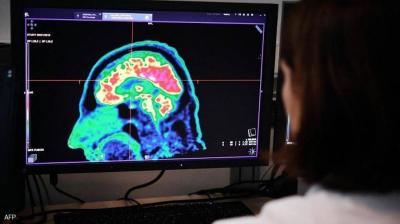The "Havana Syndrome" has returned to the spotlight following announcements by Austria and the United States that they are investigating reports of American diplomats and other officials in Vienna suffering from health issues similar to this mysterious syndrome. Members of the U.S. Senate reported in May that the government is investigating a noticeable increase in reports of directed energy attacks, amidst new reports of incidents that could cause brain damage within the United States. These mysterious attacks have caused illnesses and sometimes brain injuries among American diplomats and intelligence officers in Cuba, China, Russia, and other countries. Moscow is suspected of being behind these attacks, although the specific mechanism has not yet been clarified.
According to the New York Times, there have been over 130 reports of individuals affected by "Havana Syndrome" worldwide over the past five years. Scientists and researchers are still investigating this syndrome, which got its name after several American and Canadian diplomats stationed in Cuba's capital, Havana, reported symptoms including dizziness, headaches, and insomnia. Between 2016 and 2017, diplomats and staff suddenly exhibited symptoms such as hearing loss, dizziness, and other neurological issues. Consequently, the U.S. government initiated an investigation, with American officials accusing the Cuban government of conducting sonic attacks on citizens; however, Havana denied these allegations.
The syndrome was not limited to the American embassy; similar symptoms appeared in at least 14 employees at the Canadian embassy in Cuba, according to a report by the BBC. A study published in 2019 in the Journal of the American Medical Association found that 40 people who may have suffered from "Havana Syndrome" and its neurological symptoms had significantly smaller white matter volumes in their brains compared to others, with this matter responsible for the speed and transmission of electrical signals in the brain. The study noted differences in brain structure and emphasized the need for further testing and studies, as reported by the Health website.
#### What Are the Symptoms of the Syndrome?
In a report published by the National Academy of Sciences (NAS) last year, most individuals affected by "Havana Syndrome" reported hearing loud noises, feeling intense pressure or vibrations in their heads, experiencing dizziness, and suffering ear or head pain. According to Amit Sachdev, head of the neurology department at Michigan State University, the neurological symptoms reported in "Havana Syndrome" are commonly seen in individuals with concussions. Reports from individuals affected by the syndrome indicated that their usual symptoms subsided when moving from one room to another, only to return when they went back to the original location where the symptoms first appeared. Other associated symptoms include chronic insomnia, headaches, and even brain damage and inner ear inflammation.
#### What Causes "Havana Syndrome"?
The exact cause of "Havana Syndrome" is not entirely clear, but a study by the National Academy of Sciences refers to past research by the Soviet Union into the effects of pulsed radio frequency energy over 50 years ago, although this research did not attribute the disease to this energy. The academy's report suggests that the syndrome is likely caused by a microwave weapon or directed energy device. Scientists confirm that sending radio frequency energy to the brain and ear could alter their functions, though it is difficult to detect and understand the pattern of injury from exposure to radio frequencies.




